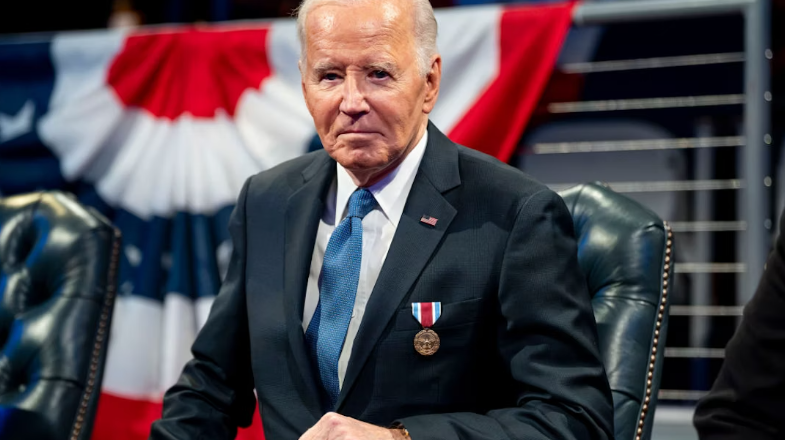Biden Commutes Sentences Of Another 2,500 Drug Offenders
President Joe Biden has granted commutations to approximately 2,500 individuals convicted of non-violent drug offenses, framing the move as an effort to address systemic inequities in federal sentencing. While heralded by some as a step toward criminal justice reform, the decision has drawn sharp criticism for its timing, scope, and political implications.
Critics Question Priorities and Timing
Detractors argue that Biden’s sweeping clemency, coming just days before leaving office, smacks of political opportunism rather than genuine reform. The move follows earlier controversial clemency actions, including the commutation of sentences for 37 federal death row inmates and the controversial pardon of his son, Hunter Biden, for undisclosed federal charges.
“Biden’s clemency spree appears more about salvaging his legacy than implementing thoughtful reform,” said political analyst Tom Delaney. “These actions raise questions about transparency, accountability, and the president’s motivations in his final days in office.”
Scope of Clemency Actions Raises Eyebrows
The commutations target those serving lengthy sentences under outdated federal drug laws, particularly for crack and powder cocaine disparities. While addressing this issue is broadly supported, critics highlight the lack of a clear vetting process and concerns over public safety. Some fear that blanket commutations risk releasing individuals with violent histories or insufficient rehabilitation into society.
“Mass clemency without rigorous oversight undermines trust in the justice system,” said a former federal prosecutor. “These decisions should be data-driven and case-specific, not rushed political gestures.”
Unprecedented Use of Clemency
Biden’s extensive use of clemency surpasses that of many of his predecessors. His commutations now total over 4,000 during his presidency, alongside dozens of pardons, including those granted to individuals with politically sensitive ties. Advocacy groups, while welcoming reforms, have criticized the lack of focus on structural policy changes that could prevent such inequities from arising in the first place.
“Commutations are a Band-Aid on a broken system,” said Angela Thompson, a criminal justice reform advocate. “What we need are legislative solutions that address sentencing reform comprehensively—not last-minute executive actions.”
Hunter Biden Pardon Adds to Scrutiny
Among Biden’s clemency decisions, the pardon of his son, Hunter Biden, has drawn intense backlash. Critics argue it reflects a double standard in justice and undermines the legitimacy of the administration’s broader clemency efforts. The administration has defended the pardon as addressing “an unjust targeting” of the president’s family, but skeptics remain unconvinced.
“Biden’s actions create a dangerous precedent,” said Senator Josh Hawley (R-MO). “While everyday Americans face the consequences of their mistakes, the president’s inner circle gets a pass.”
Legacy or Overreach?
President Biden’s final clemency actions highlight the complexities of balancing justice reform with accountability. While advocates hail the decisions as addressing long-overdue disparities, critics argue that the breadth and timing of these actions undermine their credibility. The next administration will likely face pressure to reevaluate the use of clemency and its role in broader criminal justice reform.
As Biden exits the White House, his clemency record may become a polarizing element of his legacy, illustrating the challenges of navigating justice reform in a deeply divided political landscape.

